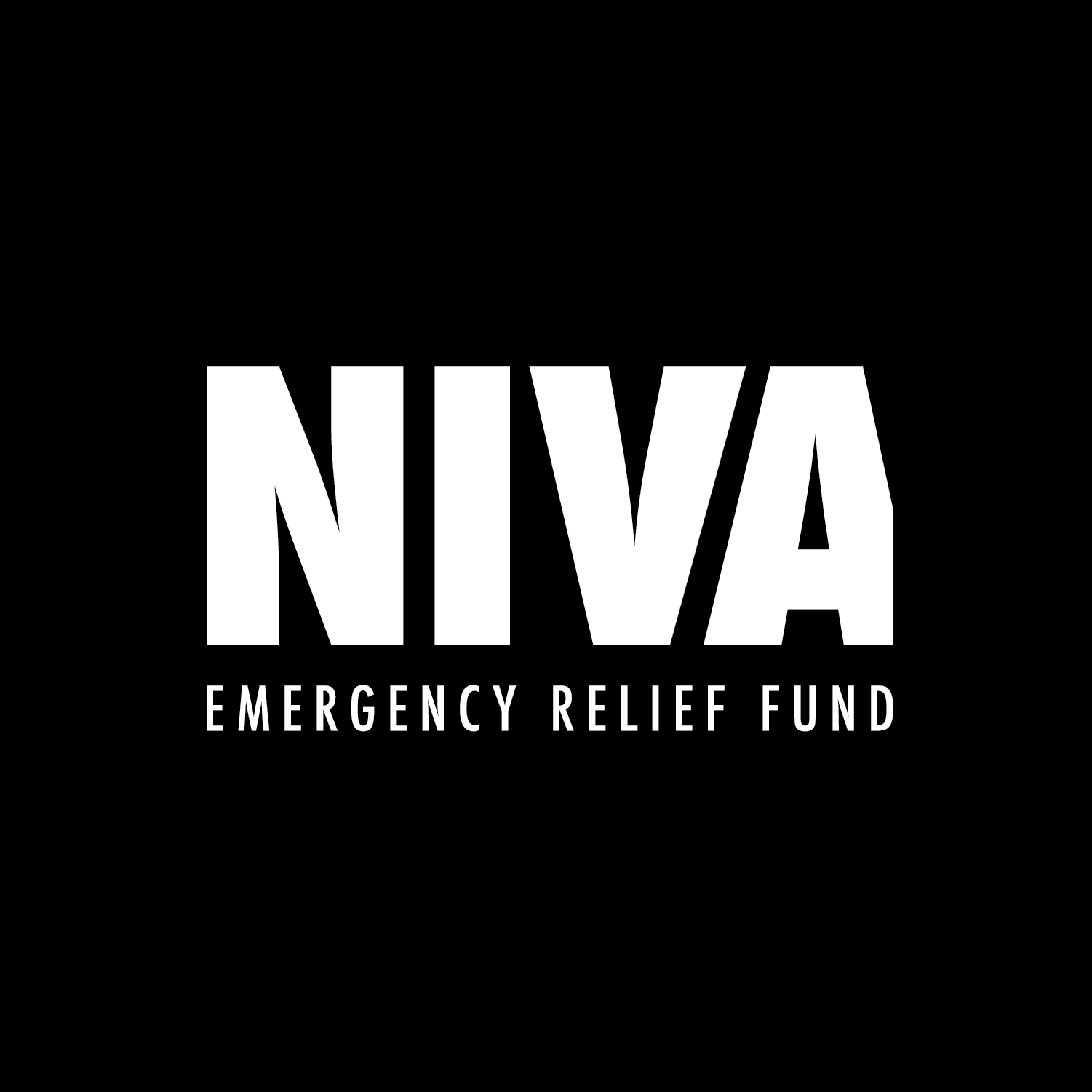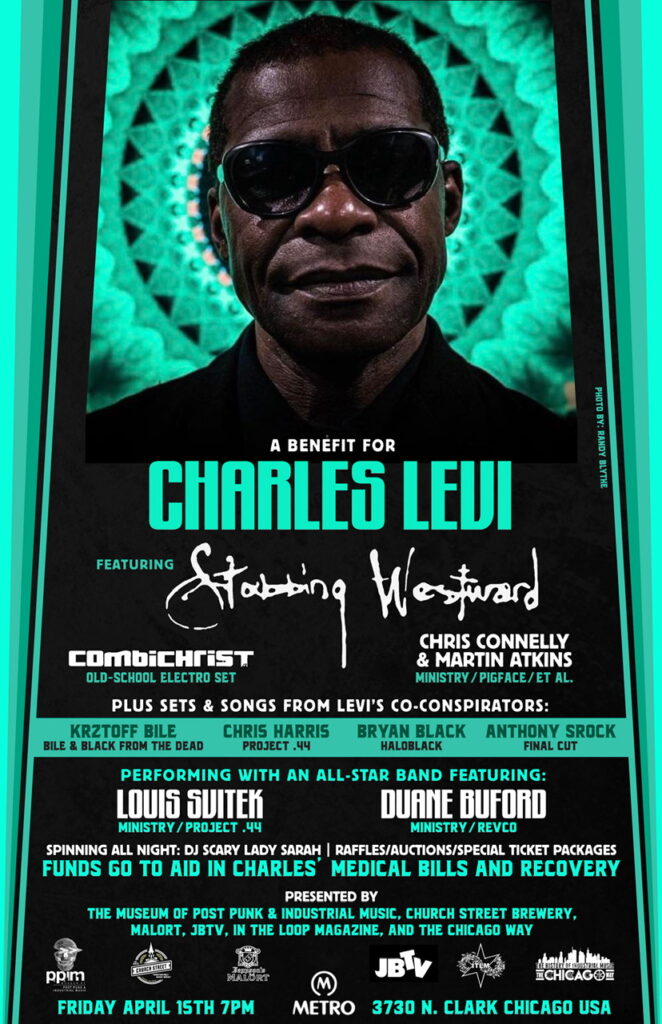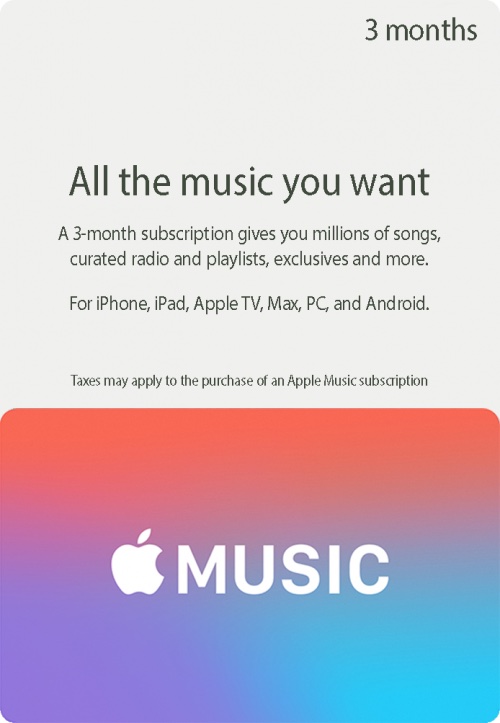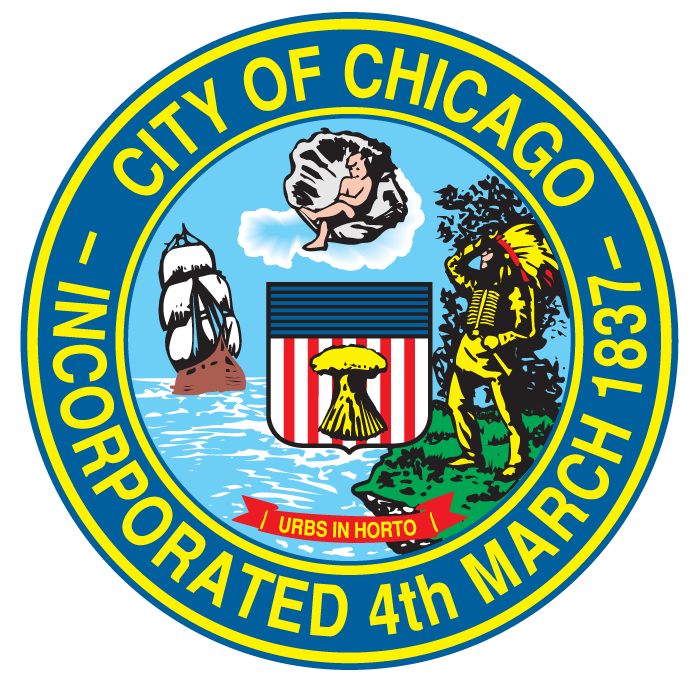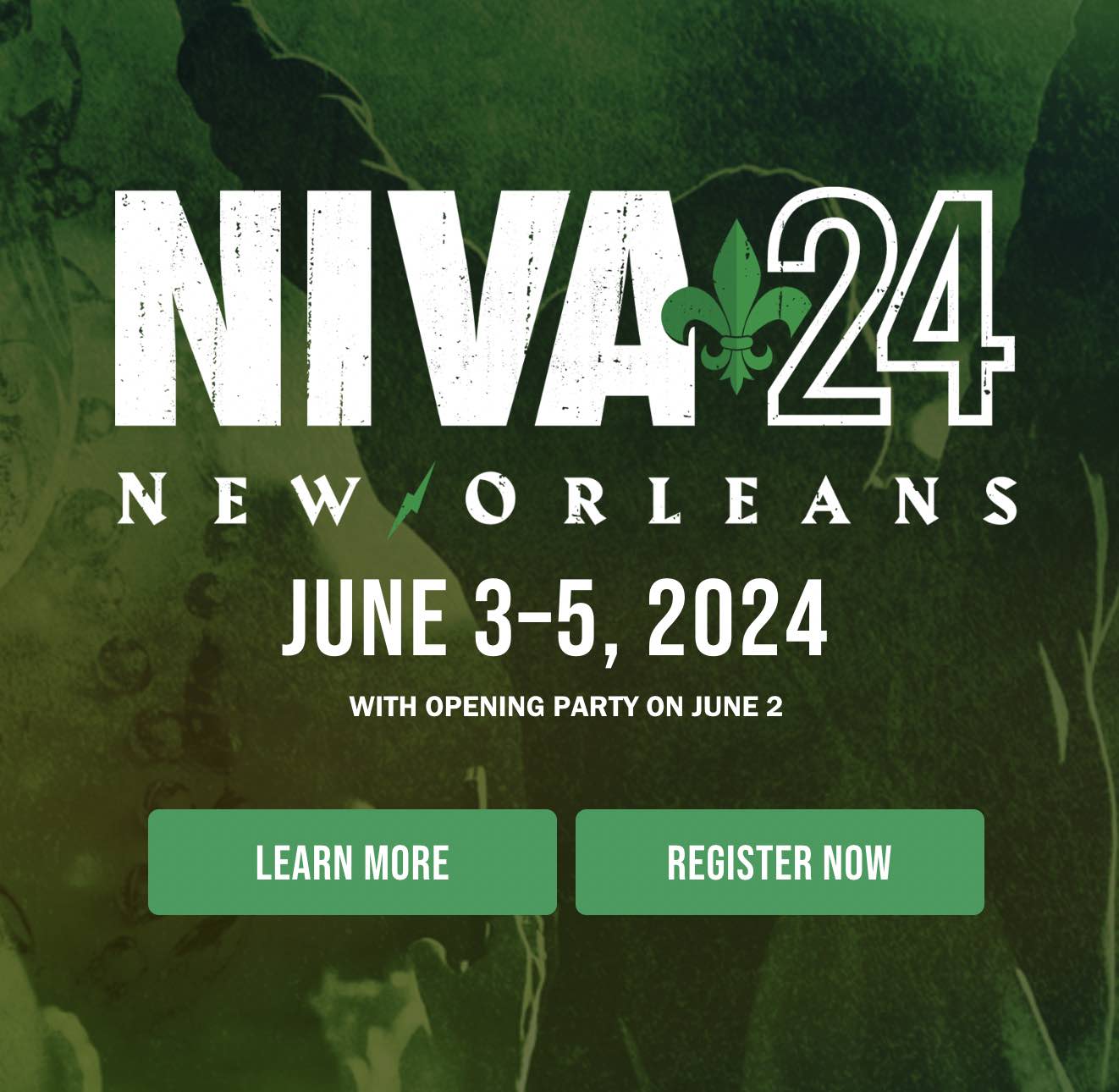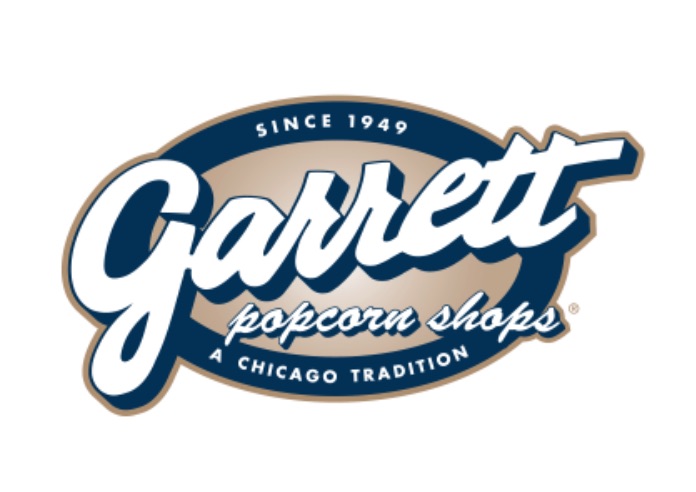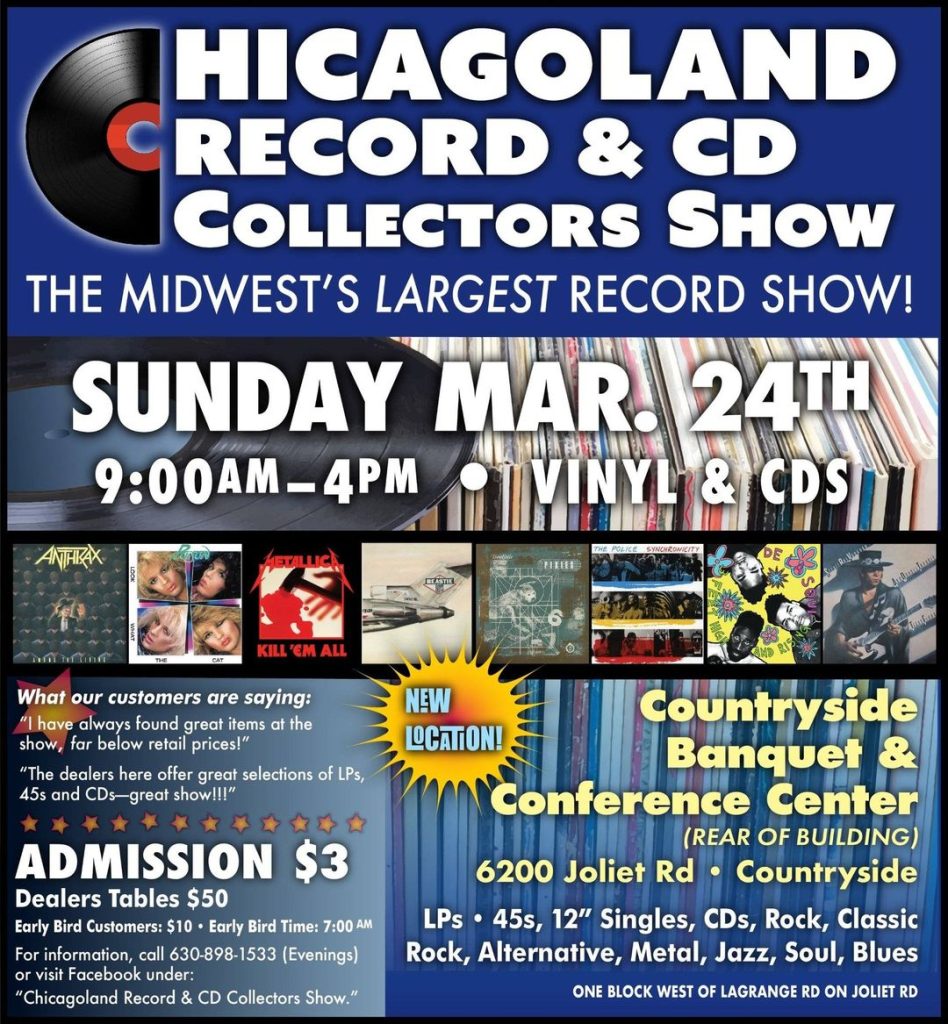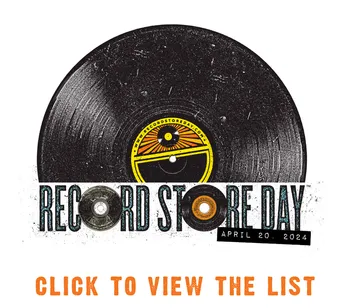Latest News
- Legendary Mask Maker, Zagone Studios, Approaches Fifty-Years Of Innovation Right Here In Chicago
- Photo Gallery: The Ultimate Doors @ Genesee Theatre (Waukegan, IL)
- The Historic Stage At The Genesee Theatre Transformed Into A Time Machine Last Night Reviving The Late 1960’s Doors Legacy
- Chicago’s Own: Post‑Punk Duo BELLHEAD Release Fierce New Cover of Le Tigre’s “The The Empty”
- Milwaukee’s Mega Festival, Summerfest, Returns For A 2026 Lineup To Impress Even The Most Discerning Music Fans
- Broadway In Chicago And Metra Continue The Free Ride Promotion With Hamilton
Chicago’s Alternative Punk Rock Festival Riot Fest Returns To Douglas Park After Near Suburban Transfer And Day One Kicked It Into High Gear
Sep 23, 2024 admin_bitlc Features, Music News, Reviews 0

By Christopher David
“I’m a little stressed out!” Sang vocalist Coco of Nashville punk outfit Winona Fighter, kicking off day one of Riot Fest 2024. “Is anybody stressed out?”

Which was a fairly apt beginning to what must surely have been the most confusing and contentious Riot Fest in the festival’s history. With ten years having passed from getting the boot out of Humboldt Park, Riot again spent most of 2024 fighting for its life due to a persistent, vocal minority in Douglas Park who tiredly continue to battle what is arguably Chicago’s best annual music festival. Add to that an ill-fated, honestly bewildering two months in which the fest planned to relocate to Bridgeview, then reversed course, and many fans were left wondering what on earth was happening.
The answer? Nothing that seemed to really affect the festival itself, with the exception of ‘Riotland,’ which…I’ll get to in a minute. Riot once again rose above conflict and strife to offer a nicely consistent lineup of bands that—though I hate this phrase—really did offer something to just about everyone.

Friday’s undercard was jammed with solid entries to the schedule who more than proved their mettle on the Riot stages. The aforementioned Winona Fighter combined riot-grrl energy with contemporary punk-pop, and vocalist Coco owned the stage like a headliner from start to finish, and Latina trio The Warning delivered a pummeling, stand-out set that kept the rock momentum going.

Scottish punk legends The Exploited were an amazing addition to the schedule and fit the Riot aesthetic to a T. Vocalist Wattie Buchan was as energetic as ever, leading the band through classics like “Fuck the System” and opener “Let’s Start A War,” which was a stark contrast to Utah girl-group The Aces, who hit the Cabaret Metro stage shortly after for a bright, upbeat set of guitar-driven pop that had much more punch than their overly slick studio production.

San Francisco punk outfit Spiritual Cramp brought things back to the fest’s roots for a strong set of thrashy, anti-establishment tunes, followed by a Day One highlight: post-hardcore NYers Drug Church, who are preparing to release their fifth studio album, Prude, on October 4th. The band’s sound has evolved considerably over the last couple of records, and their live show was a crushing example of how seamlessly their newer, more experimental tracks fit in with their earlier material. Vocalist Patrick Kindlon is the very definition of a dynamic frontman, and if new single “Chow” is any indication, the band continues to expand their sound into heavy but accessible territory.

It wouldn’t be a Riot Fest without some momentous occasions, and the final Chicago appearance of Sum 41 certainly fit that bill as the Canadian quintet hit the stage, led by vocalist Deryck Whibley, who has become one of the most recognizable frontmen in all of punk-pop. “Motivation” was a stomping opener from the get-go, and the set was largely driven by hits like “Landmines,” “In Too Deep,” and 2001 anthem “Fat Lip.” In a time when the punk-pop of the 2000s is seeing a massive resurgence, Sum 41 will most certainly be missed, and the only downside to their set is that it wasn’t longer.
Killer sets from The Offspring, The Circle Jerks, and the mighty Public Enemy followed, calling to mind just what Riot Fest can be when it focuses on the music.

Which brings us to Riotland. A fun concept? No question—a theme park-styled collection of oddball atttractions like an arcade (courtesy of Logan Arcade), a bodega designed to look like the store from Clerks, and a chapel where couples can get married with the famous butter Stamos statue watching over them obviously fits with the Riot Fest aesthetic of being the tongue-in-cheek, quirkier alternative to fests like Lollapalooza. It’d be hilarious if Riot Fest wasn’t trying so hard to be something like Lollapalooza—gone, for example, is All Rise Brewing, the beer-arm of the great Cobra Lounge, in favor of…nothing but Budweiser beers, from top to bottom (not counting the stellar N.A. offerings of Go Brewery)? Not so very punk rock by most standards and emblematic of the extent to which Riot wants to hold on to the punk-rock aesthetic while growing beyond that community in ways that are simply undeniable at this point. Can you have it both ways? Maybe—Riot is about the only fest that might be able to pull it off.




The removal of the Radical Stage from what is now Riotland also eliminated one of the best stages at the festival, consistently showcasing up-and-comers of all genres and offering a needed alternative to the massive stages on the other end of the park. Riotland doesn’t yet feel like a fully formed thought—and perhaps it isn’t, given the will-they-won’t-they relocation debacle this summer; as such, it felt like a lot of wasted space for a cute idea at this stage. Attendance felt considerably lighter than previous years, which made one wonder if perhaps the refunds offered as a result of the multiple shifts in location were greater in number than expected.

None of this is to say that Riot Fest wasn’t a blast on Day One of its 2024 return—it sure as hell was—but you can’t help but wonder where the growing pains will lead the festival down the line, and you can’t really ignore that at this point, either.
- 2024, Chicago, Douglas Park, Drug Church, First Day Review, NOFX, Opening Day, Public Enemy, Riot Fest, Riotland, The Exploited, The Warning, Winona Fighter
Related Articles
-
 Broadway In...
Broadway In...Feb 18, 2026 0
-
 13th Floor Chicago Presents, Love...
13th Floor Chicago Presents, Love...Feb 11, 2026 0
-
 Photo Gallery: Lord of the Lost @...
Photo Gallery: Lord of the Lost @...Feb 03, 2026 0
-
![Chicago’s North Coast Announces Phase 1 Lineup Drama (DJ set), Fisher, Porter Robinson, and more [Sept 4-6]](https://beintheloopchicago.com/wp-content/uploads/2026/01/NCMF2025_Kamilsurmaphoto-scaled-120x85.jpg) Chicago’s North Coast Announces...
Chicago’s North Coast Announces...Jan 31, 2026 0
More in this category
-
 The Historic Stage At The Genesee...
The Historic Stage At The Genesee...Feb 23, 2026 0
-
 Chicago’s Own: Post‑Punk Duo...
Chicago’s Own: Post‑Punk Duo...Feb 20, 2026 0
-
 Milwaukee’s Mega Festival,...
Milwaukee’s Mega Festival,...Feb 19, 2026 0
-
 Milwaukee Metal Fest Brings Major...
Milwaukee Metal Fest Brings Major...Feb 09, 2026 0


